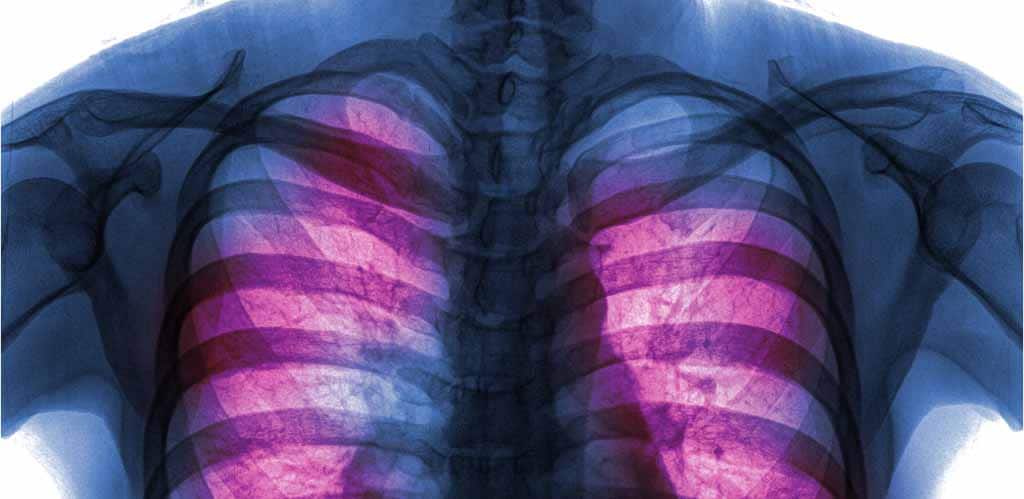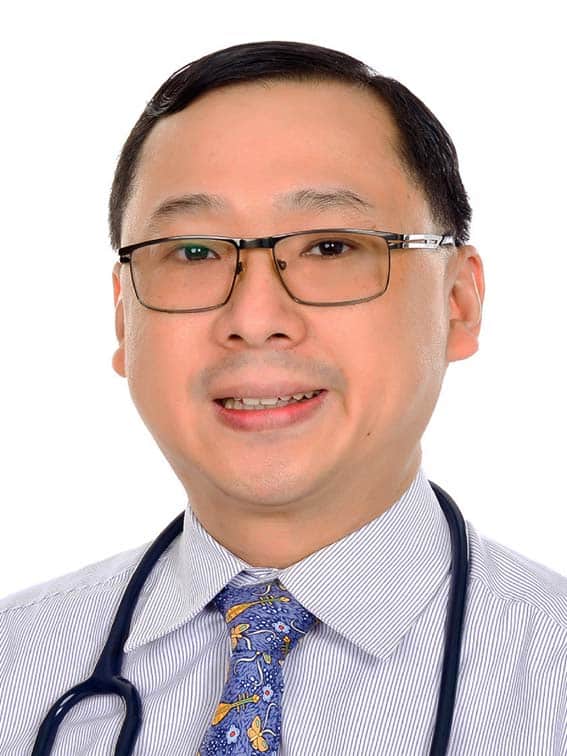
Tuberculosis (TB) is an airborne (spread by water droplets from the infected person) mycobacterial disease which often affects the lungs but can also involve other organs like the brain, kidneys and bone.
Contrary to popular belief, tuberculosis is actually present and endemic in Singapore. The incidence rate of TB in Singapore was 38.7 per 100,000 population in 2016. Half of these patients were 50 years old and above. 59% were male. Of the new cases reported that year, 81.3% were Singapore born. The incidence of TB in SE Asia is high with one third of the world’s TB cases (4.9 million cases).
Initial infection with TB is usually asymptomatic. This is known as latent TB. These individuals are not infectious but about 10% will progress to symptomatic TB within two years. Another 5% will develop active TB some time in their lives. The majority will carry latent TB without it progressing. The risk of progression is higher in immunocompromised persons and those younger than five years of age.
TB is typically spread through close and prolonged contact with an infectious individual.
You do not contract it through contact with items or surfaces touched by a person with TB. A person cannot get TB from sharing cups, eating utensils, food or cigarettes. TB is also not spread by shaking someone’s hand, kissing on the cheeks, touching bed linens or toilet seats.
Signs and symptoms of TB include –
- A prolonged cough of more than three weeks
- A persistent low grade fever
- Night sweats
- Fatigue and malaise
- Weight loss
- Chest pain
- Hemoptysis (coughing up blood or bloody sputum)
TB can be treated with several anti TB drugs and most cases (up to 95%) can be cured if they take their medication as prescribed. Completing the medication is very important as failure to do so can result in drug resistant TB which can be very difficult to treat. Treatment is then usually longer as less effective second line drugs will need to be used.
Patients are no longer infectious after two weeks of treatment. During the first two weeks they are advised to stay at home and wear a mask to prevent spread.
As for the prevention of TB, all newborns in Singapore receive the BCG vaccine. This is not fully protective though and lasts for 10 to 20 years. BCG can prevent 70-80% of the more severe forms of TB such as TB meningitis but it is not so effective against lung TB. It is thought that only 20% will be protected from getting the disease but half of those who do get infected do not develop active TB. This vaccine is usually not given to adults and is mainly used in children from birth to age 16 years. It is thought the best time to give it is as close to birth as possible. We do not recommend this vaccine for all children and this decision is made after a risk assessment for exposure is done.
The simplest test for TB is the Mantoux test where a small injection is made in to the forearm with tuberculin purified protein derivative (PPD). This is assessed two to three days later by the doctor to see if there is a reaction indicating previous exposure to TB. Chest x-rays are also sometimes used for assessment. The most accurate test is a blood test called the Quantiferon-TB Gold test. It does not require a second visit to the doctor but is relatively costly.
We have seen a few cases of domestic foreign workers being diagnosed with TB so do be mindful if your helper has a chronic cough. Unexplained prolonged coughs should always be assessed by a doctor.

Dr TY Ho is based at IMC Camden. A graduate of the Royal College of Surgeons, Dublin in 1994, he also has a Bachelor of Science degree from Baylor University in Waco, Texas. For appointments please call: 6733 4440

































